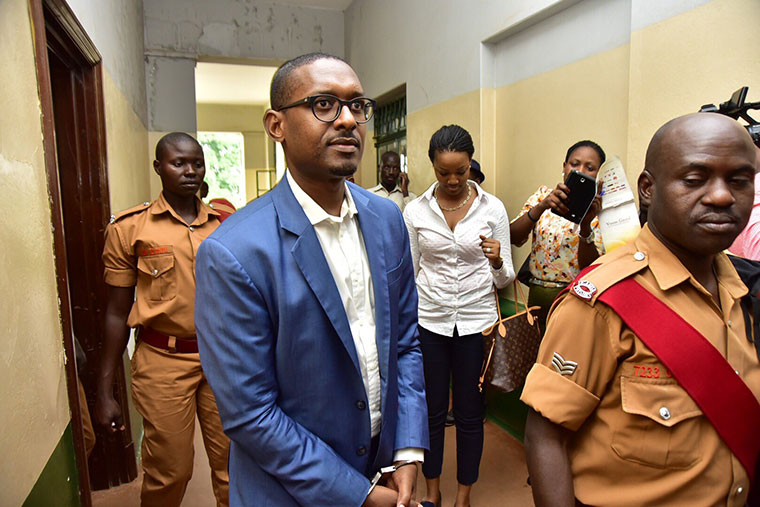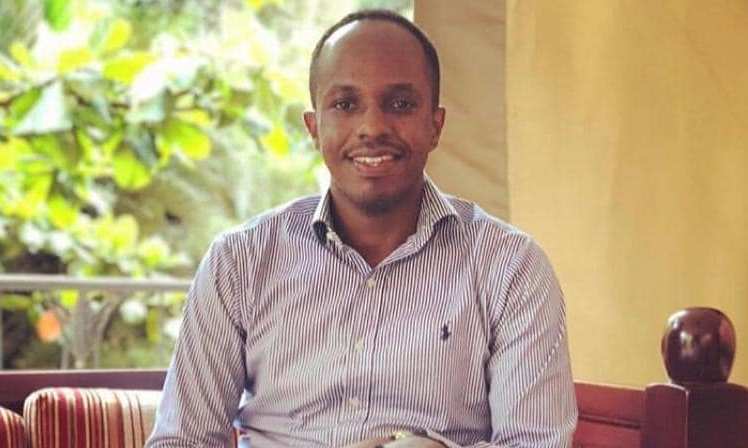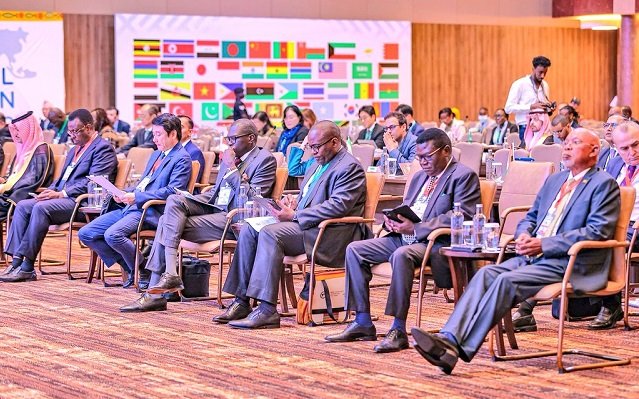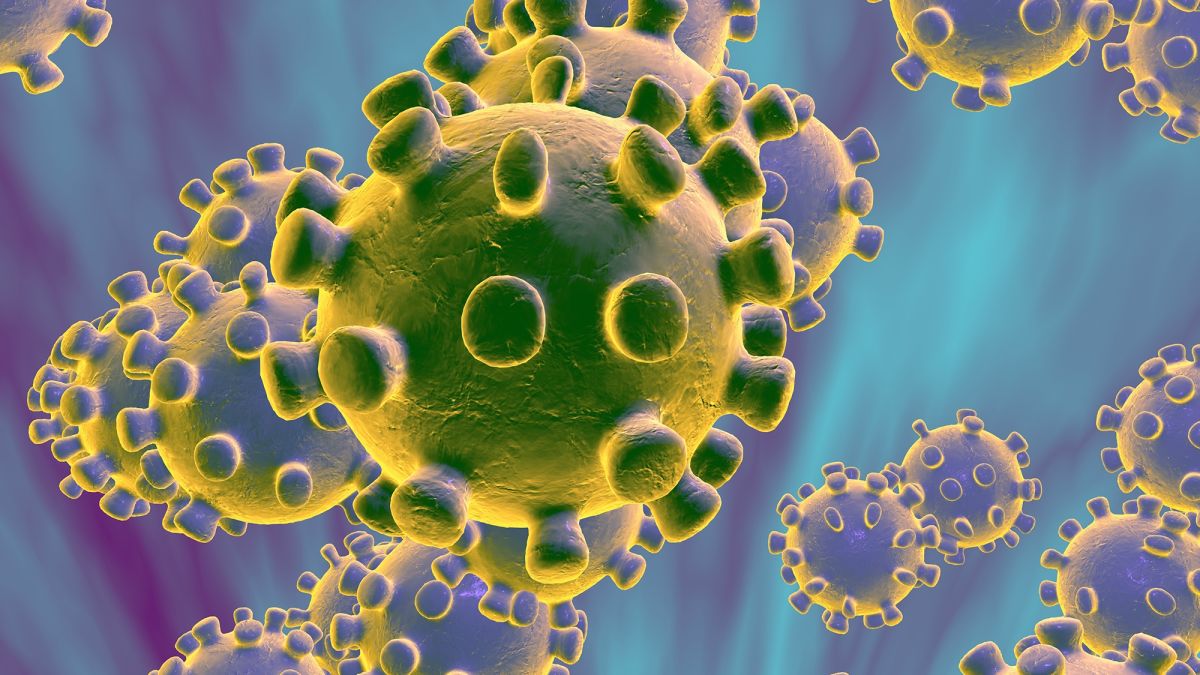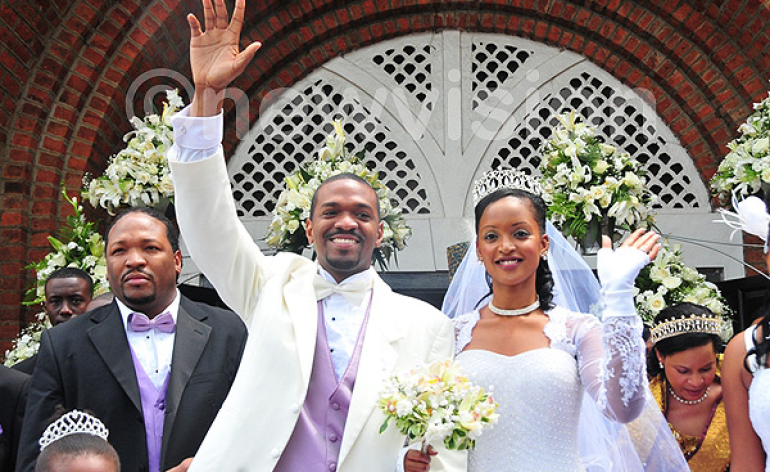The High Court in Kampala has sentenced city businessman, Mathew Kanyamunyu to five years and one month in jail after he pleaded guilty to manslaughter. Reports say Kanyamunyu entered a plea bargain with the Director of Public Prosecutions (DPP).
The DPP has also withdrawn murder charges against his girlfriend, Cynthia Munwangari.
Kanyamunyu and Munwangari were facing murder charges related to the death of Kenneth Akena in 2016. Kanyamunyu and Cynthia were arrested following the incident that drew anger from the public. Akena was shot as he attempted to apologize to Kanyamunyu after the accident.
Last Friday, Kanyamunyu requested the court to adjourn the trial to permit future consideration for a plea bargain in anticipation of cultural reconciliation process of the Acholi tradition (Mato Putu).
Mato Oput in the Acholi language literally means “to drink a bitter potion made from the leaves of the ‘oput’ tree” is one of the mechanisms for forgiveness and reconciliation among the Acholi in Northern Uganda.
Recently, Kanyamunyu’s family sought the intervention of Acholi Religious Leaders Peace Initiative (ARLPI) and the Acholi Cultural Institution to broker a reconciliation agreement between them and Akena’s family to find closure to the case.
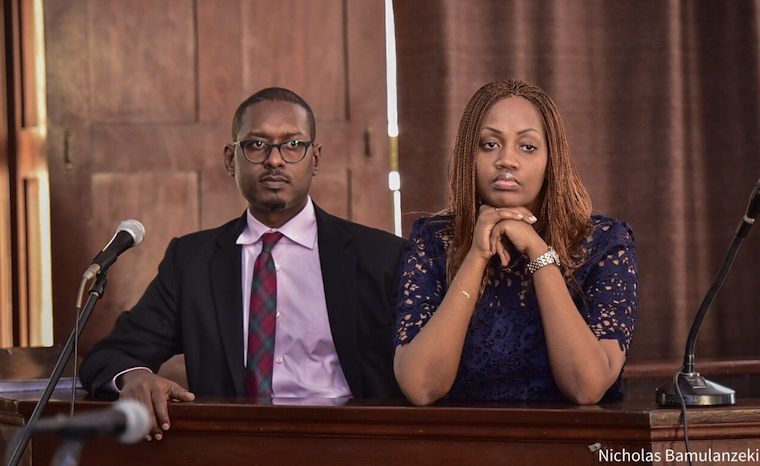
Dr John Baptist Odama, the Gulu Archbishop backed by Rwot David Onena Acana II, the Paramount Chief of Acholi helped bring Akena’s family to the negotiations. The two elders summoned the two families for the first meeting that was held on Saturday in Gulu.
Under Mato Oput, the accused person must admit his or her mistake through a meaningful confession and must also accept to pay reparations for the damages caused.
The ‘drinking of the bitter herb’ means that the two conflicting parties accept the bitterness of the past and promise never to taste such bitterness again. The payment of compensation follows the ceremony.
According to the Acholi, Mato Oput “can bring true healing in a way that formal justice system cannot.” The way Mato Put is conducted, doesn’t aim at establishing whether an individual is guilty or not, rather it seeks to restore marred social harmony in the affected community.


